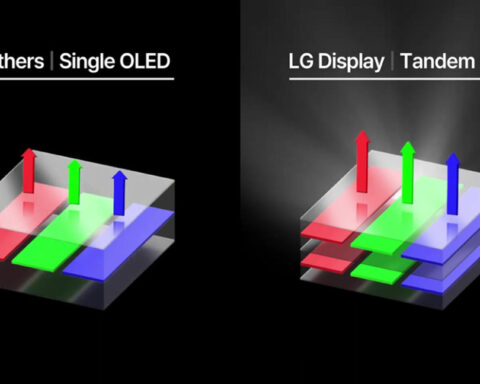Are you mulling over the idea of switching to a Tesla or other EV but feeling apprehensive about battery degradation? Well, a recent piece from CarBuzz sheds light on this very issue, providing reassuring news for potential Tesla owners.
Tesla’s Battery Longevity: Surpassing Expectations
Tesla’s 2022 Impact report has brought some good news to the table. It reveals that after clocking 200,000 miles, most Tesla electric vehicles only experience a 12% reduction in battery capacity. This figure is significant considering that all types of batteries, including those in cars, undergo natural degradation over time due to usage and aging.
For those rare instances where a Tesla battery degrades more than expected, the company provides a safety net. Tesla offers a warranty for batteries that exceed a certain level of degradation within a specified timeframe. While replacement batteries might be expensive, this warranty offers peace of mind to Tesla owners.
If the environmental and economic benefits are part of your consideration, electric and hybrid vehicles stand out significantly compared to traditional gas-powered cars. Studies indicate that owning an EV or hybrid leads to lower expenditures on gas, maintenance, and overall costs throughout the vehicle’s lifespan.
Moreover, switching to an electric vehicle like Tesla isn’t just beneficial for your wallet; it’s a step forward in environmental conservation. Recurrent Auto reports that across their lifetimes, new gasoline cars emit about 410 grams of carbon dioxide per mile. In stark contrast, new electric cars produce only 110 grams per mile. This substantial reduction in emissions is a crucial step towards a more sustainable future.
Not only do these vehicles exhibit impressive battery longevity, but they also promise economic savings and a significantly reduced environmental footprint.





